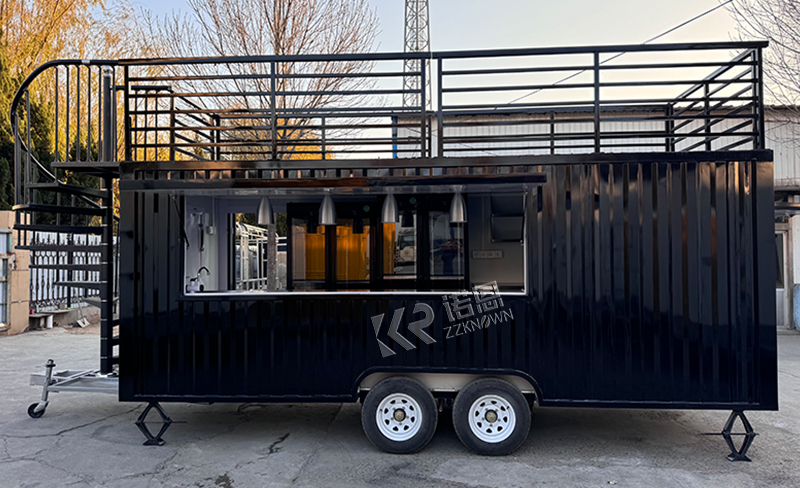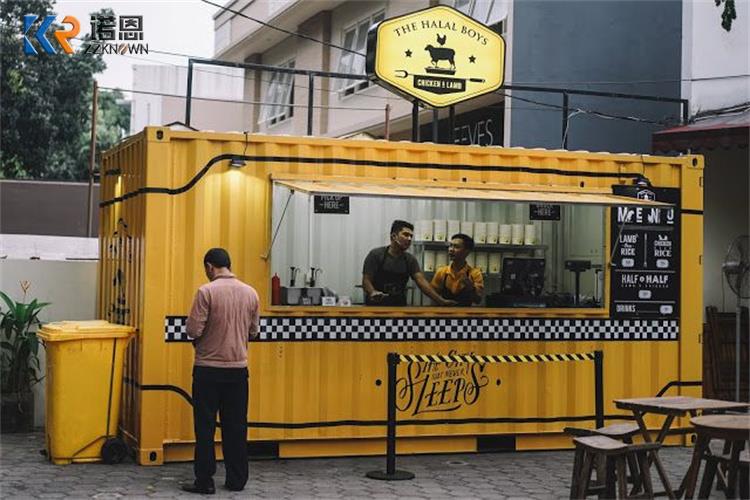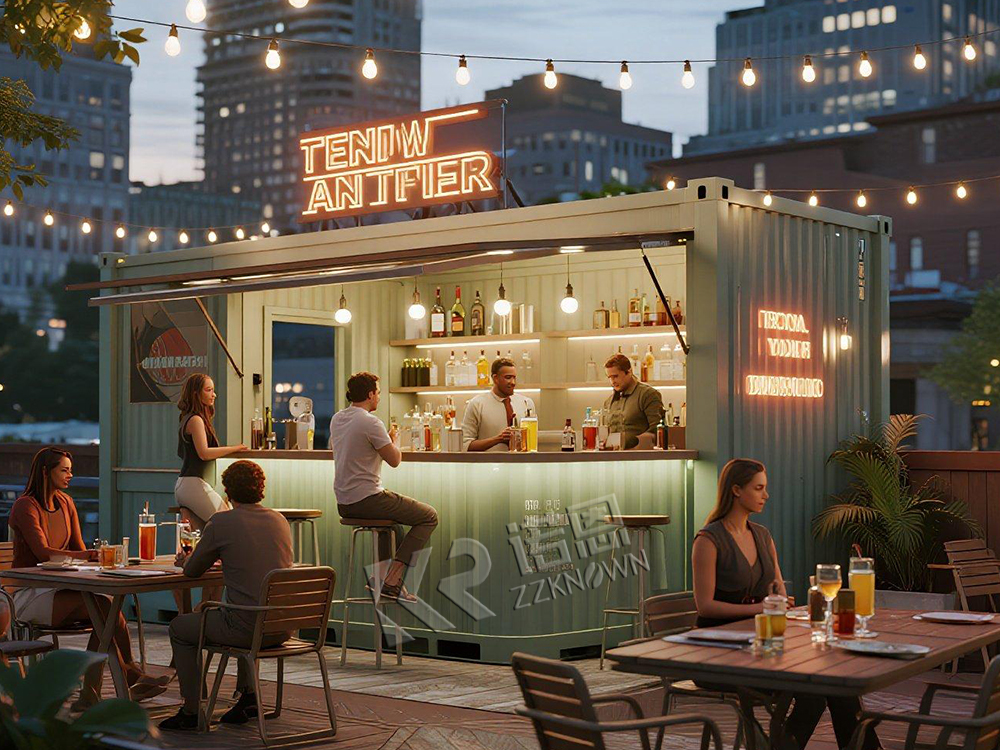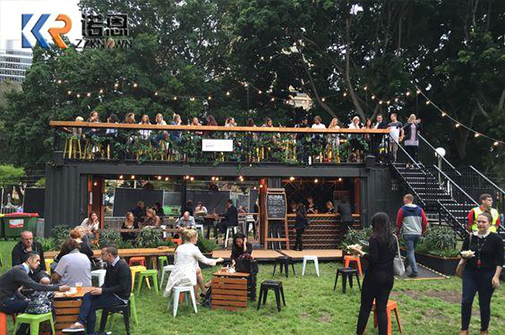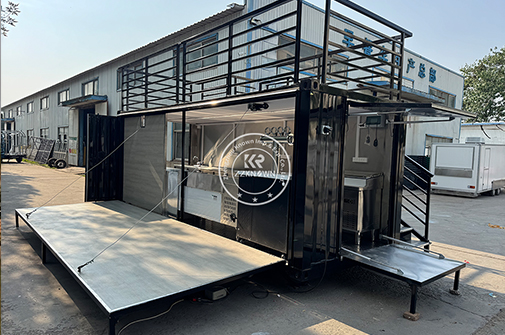In recent years, custom shipping containers have surged in popularity, not just for transporting goods but as innovative solutions for mobile offices, pop-up shops, homes, and more. Thanks to their modularity and durability, these containers have become the building blocks of modern, mobile design. But before diving into customization, it's essential to understand your options, design considerations, and potential pitfalls.

A custom shipping container is a modified version of a standard steel shipping container, transformed to serve a specific purpose beyond freight transport. These containers can be tailored for retail kiosks, mobile clinics, food stalls, storage solutions, and even luxury tiny homes.
Companies like ZZKNOWN specialize in repurposing these steel boxes into practical, sometimes luxurious, spaces with doors, windows, HVAC, insulation, and more.
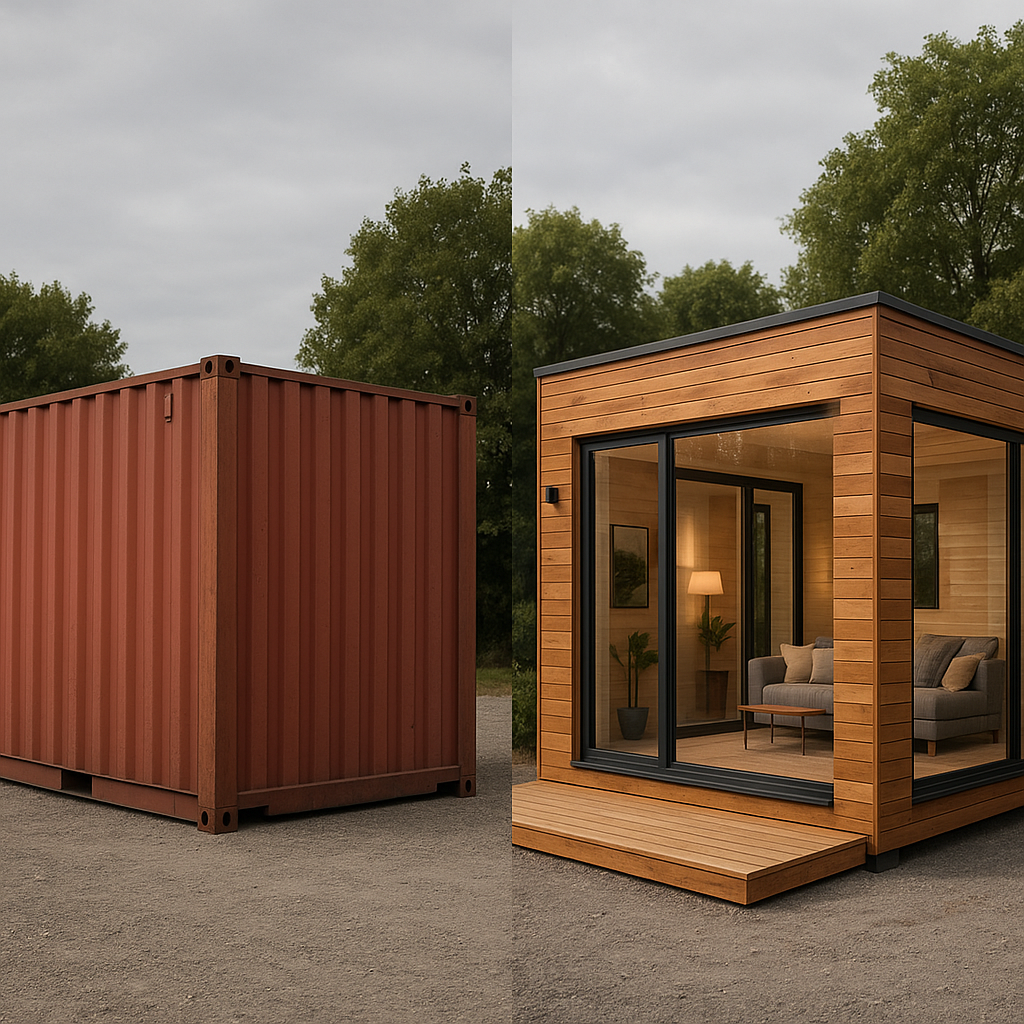
Custom shipping containers are no longer niche—they're being used across industries:
Construction: Site offices and equipment storage
Retail: Pop-up stores, coffee shops, and boutiques
Events: Ticket booths, green rooms, mobile stages
Residential: Affordable homes and guest suites
Food & Beverage: Mobile kitchens, food trucks, and bars
"The beauty of container customization is that it blends affordability with creativity. You get structure and freedom all at once." — Mike, Lead Designer
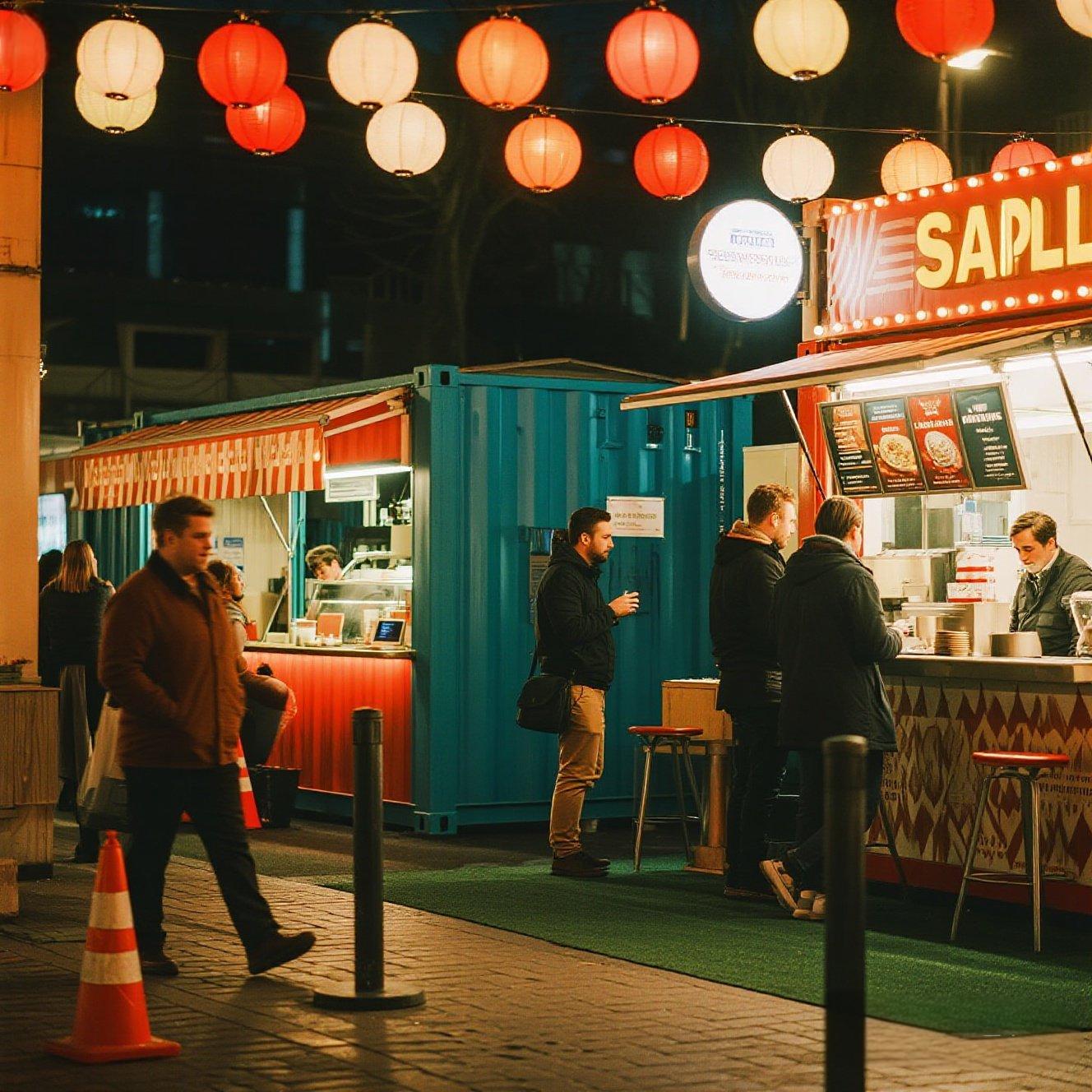
When customizing a container, functionality and aesthetics should go hand-in-hand. Here are some key features to consider:
Insulation & Ventilation: Essential for comfort in various climates
Flooring & Wall Panels: Plywood, vinyl, or even reclaimed wood
Lighting & Power Systems: Solar-powered or grid-connected
Windows & Doors: Sliding, roll-up, or glass-paneled options
Branding & Paintwork: Custom colors, logos, and anti-rust coatings
Each choice affects durability, usability, and cost, so work with an experienced builder like ZZKNOWN to match specs to your intended use.

Costs for custom containers can vary widely depending on size, modifications, and finish quality. Here's a rough breakdown:
Basic modifications: $5,000 – $15,000
Full-scale retail or office builds: $20,000 – $60,000+
Luxury tiny homes or kitchens: $75,000 and up
Make sure to factor in delivery, permits, and site prep. Some companies offer financing or rental options if you're not ready to commit to a purchase.

Advantages:
Fast construction compared to traditional buildings
Eco-friendly through upcycling
Mobile and relocatable
Customizable to your exact needs
Drawbacks:
Local building codes may restrict use
Insulation challenges in extreme climates
High-quality builds can be costly
Limited internal width (usually 8 feet)
.png)
Before purchasing or customizing a container, keep these steps in mind:
Check zoning laws and permits in your city or state
Work with a licensed contractor with container experience
Prioritize ventilation and insulation for livability
Consider future scalability (stackable or connectable units)
Request 3D mockups before finalizing your build
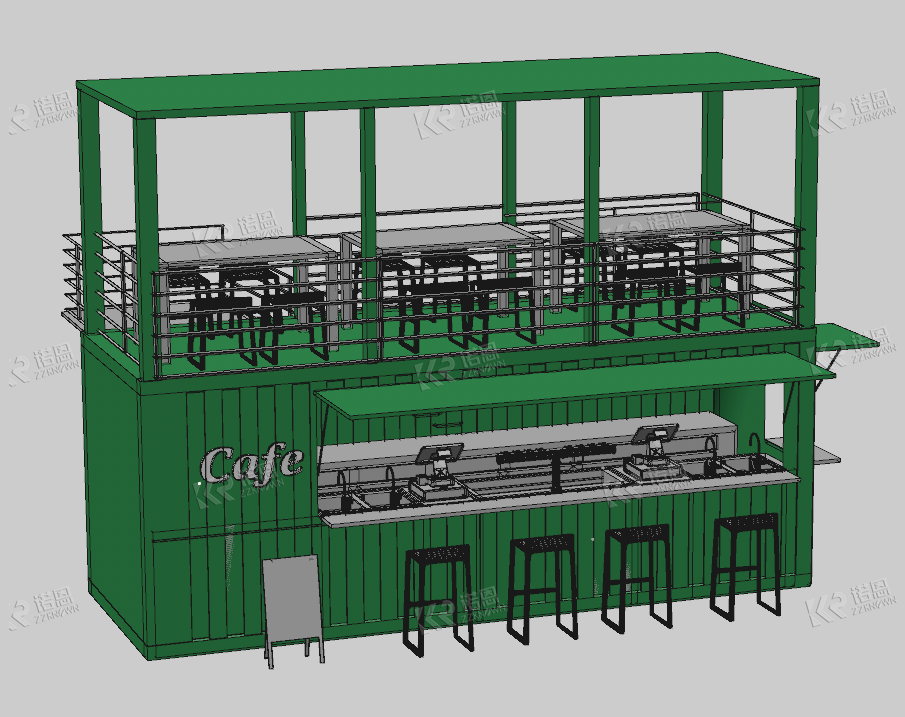
Custom shipping containers are redefining how we think about space, sustainability, and speed. Whether you’re starting a small business, building a modern home, or creating a mobile event space, these steel structures offer a smart and scalable solution. The key is thoughtful planning, quality materials, and an experienced partner.
